Forced to flee Nigeria after her husband’s murder, a Christian widow returned to neighbouring Niger determined to raise her children according to God’s Word.
In December 2009, Rahila and her husband, Abdullahi, moved their family of eight, 800 kilometres to the south, from Niger to Nigeria. Abdullahi’s father had lived in Kaduna State, Nigeria, until his recent death, and Abdullahi wanted to continue working his father’s land.
“Because I grew up [in Niger], moving from here to Nigeria was difficult,” Rahila said. “I did it because this man was my husband and we have children, so there is no problem.”
When Abdullahi’s older brother, Umaru, learned of Abdullahi’s return to Nigeria, he came to visit his brother. But their reunion was not a happy one; Umaru grew angry when he learned that Abdullahi and his family had become Christians. As a Muslim, Umaru couldn’t tolerate his younger brother attending church five days a week.
“His older brother would go out any time we went [to church] and start insulting the whole family because we were going to Jesus,” Rahila recalled.
Umaru’s hatred towards his Christian brother continued to simmer over the next 10 years.
Living in Fear
Abdullahi and Rahila felt increasingly unsafe around Umaru, who visited the farm often. Rahila found his practice of folk Islam mixed with witchcraft especially unsettling — Umaru believed he could call on spirits to curse others with sickness or even death. “I discovered this man had no fear of God in him,” Rahila said, “and somebody like that [might] do anything.”
Abdullahi had once followed the same syncretic folk Islam practised by his brother. But after leaving Nigeria to work in Niger, he heard the gospel and started going to church, where he met Rahila. As Abdullahi and his family continued to attend church in Nigeria, Umaru’s insults and curses grew more troubling. One day, Umaru wrote down some verses from the Koran that called for Allah’s judgment and then buried the pieces of paper in the ground, intending to curse the land that Abdullahi was farming.
When nothing happened, Umaru challenged his brother’s legal claim to their father’s land because of Abdullahi’s Christian faith. And when Umaru subsequently learned that Abdullahi had spoken with local authorities about his right to the land, he told his younger brother that he would kill him for trying to take what belonged to him.
One evening in September 2019, on the night before the brothers were scheduled to hear a judgment on the land rights, Abdullahi and his family were gathered around a fire on the farm. At about 8pm, Umaru walked up to the fire and pulled a small pouch from his pocket. He then took a pinch of powder from the pouch, threw it into the fire and immediately backed away.
Still standing by the flames, Abdullahi inhaled a puff of smoke caused by the powder and suddenly collapsed to the ground. Then Umaru pulled out another pouch, thought to have been an antidote to the poisonous powder he had just used, and looked at his brother as he struggled to breathe.
“You know what happened to you,” Umaru told Abdullahi. “I can raise you up.”
Instead of requesting his brother’s help, however, Abdullahi said, “I forgive all that you have done.”
Fearing for Abdullahi’s life, Rahila and her children knelt beside him and prayed. Rahila then pleaded with Umaru to save her husband’s life. But instead of helping his brother, Umaru challenged Rahila to heal him herself. “If you are able to raise him up, go and raise him up,” he told her.
Rahila ran through the village, frantically asking people to help her take her husband to the hospital. When she returned, Umaru said, “Nobody should come; he is already dead. Nothing can help.”
As Rahila and her children stood near Abdullahi’s body, crying and overcome by grief, Umaru made one last threat. “You see, the body of the tree has died,” he said. “Next, I will cut the branches one after one.”
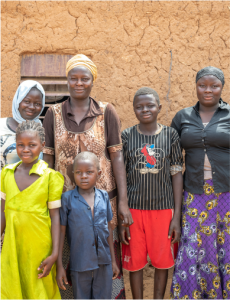
Returning Home
Fearing that Umaru would come after her children, Rahila sought a way to escape. After telling her story to a Christian woman from Niger who was in Nigeria on business, the woman paid to have a taxi take Rahila and her children back to Niger.
Umaru was never charged with murder, and no one in the village seemed to care that Abdullahi had died. In her suffering and loss, Rahila decided to turn everything over to God. “I forgave [Umaru] before I left,” she said.
Rahila now lives with her father and his wife, whom he married after the death of Rahila’s mother. Rahila and her children have received help not only from Rahila’s father but also from neighbours and her local church family.
In addition, front-line workers are helping Rahila with living expenses, her children’s school fees and vocational training. “It is really by the grace of God,” Rahila said of the support she has received.
Rahila remembers Abdullahi as a loving father who gave everything he had to his children. She said that whenever they faced challenges in life, he told them to take heart and trust that God was still in control.
“He was somebody who believed in the Word of God and was always reading and encouraging the children and me to read more and to pray more,” she recalled.
Today, Rahila continues to share her love for God’s Word with her children. “People should keep on praying for the faith of these children and myself,” she said, “so that we can keep on growing in the faith.”
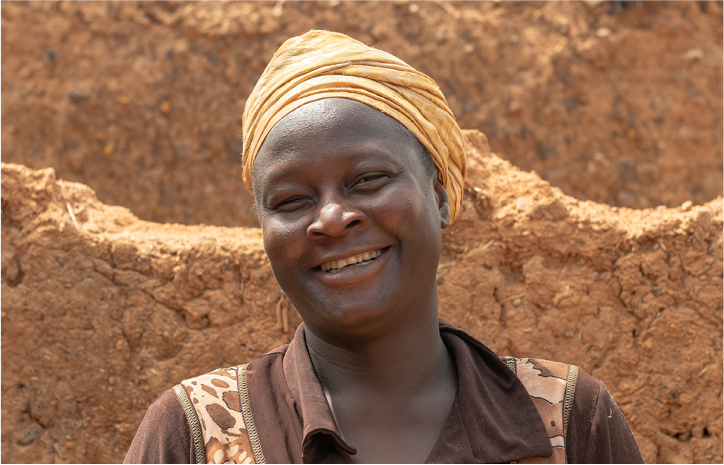
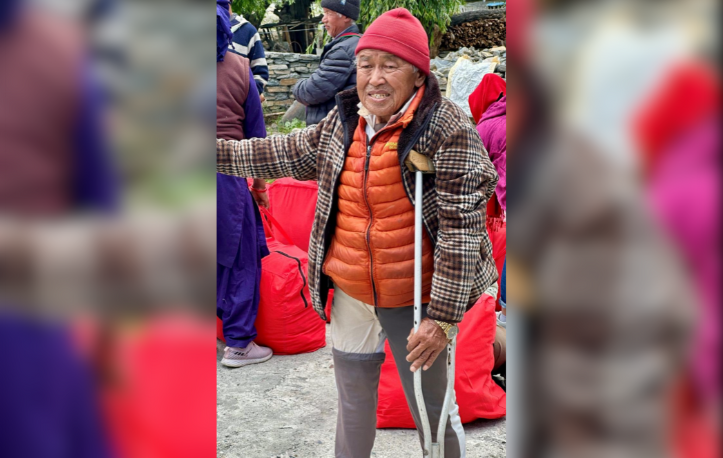
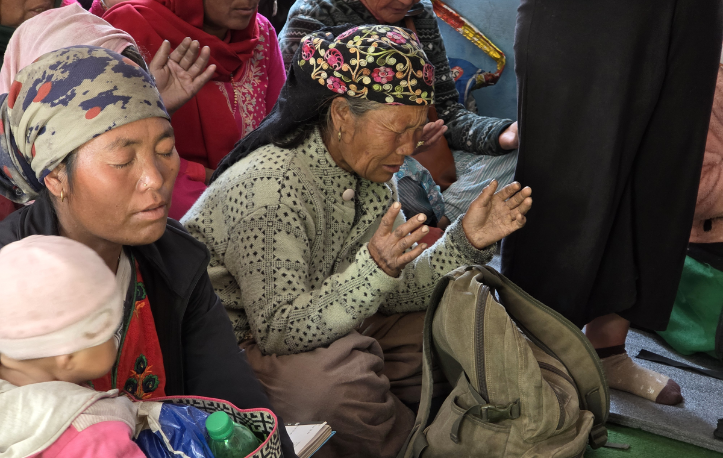
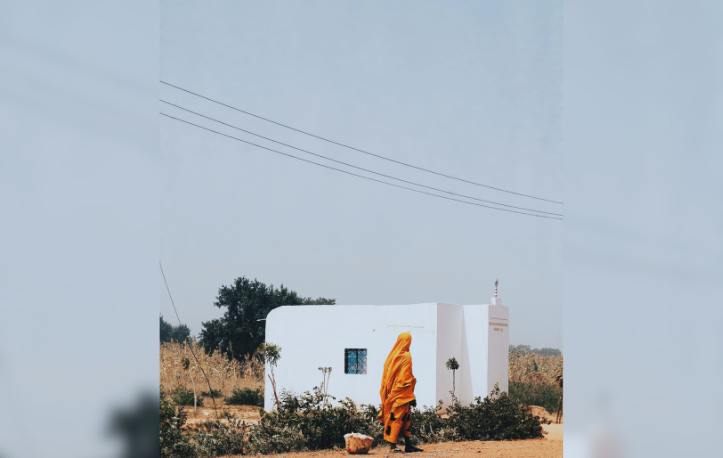
Submit a Prayer